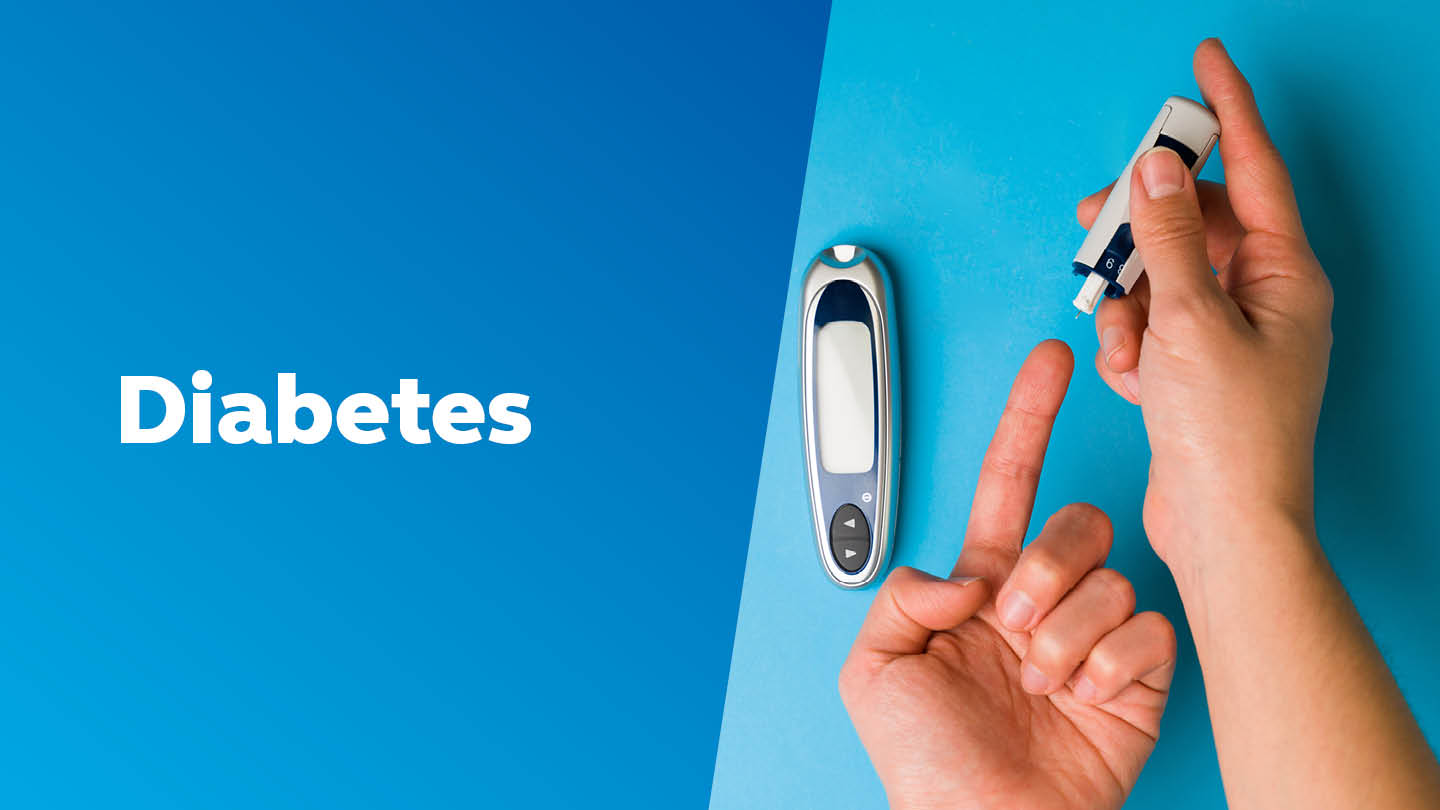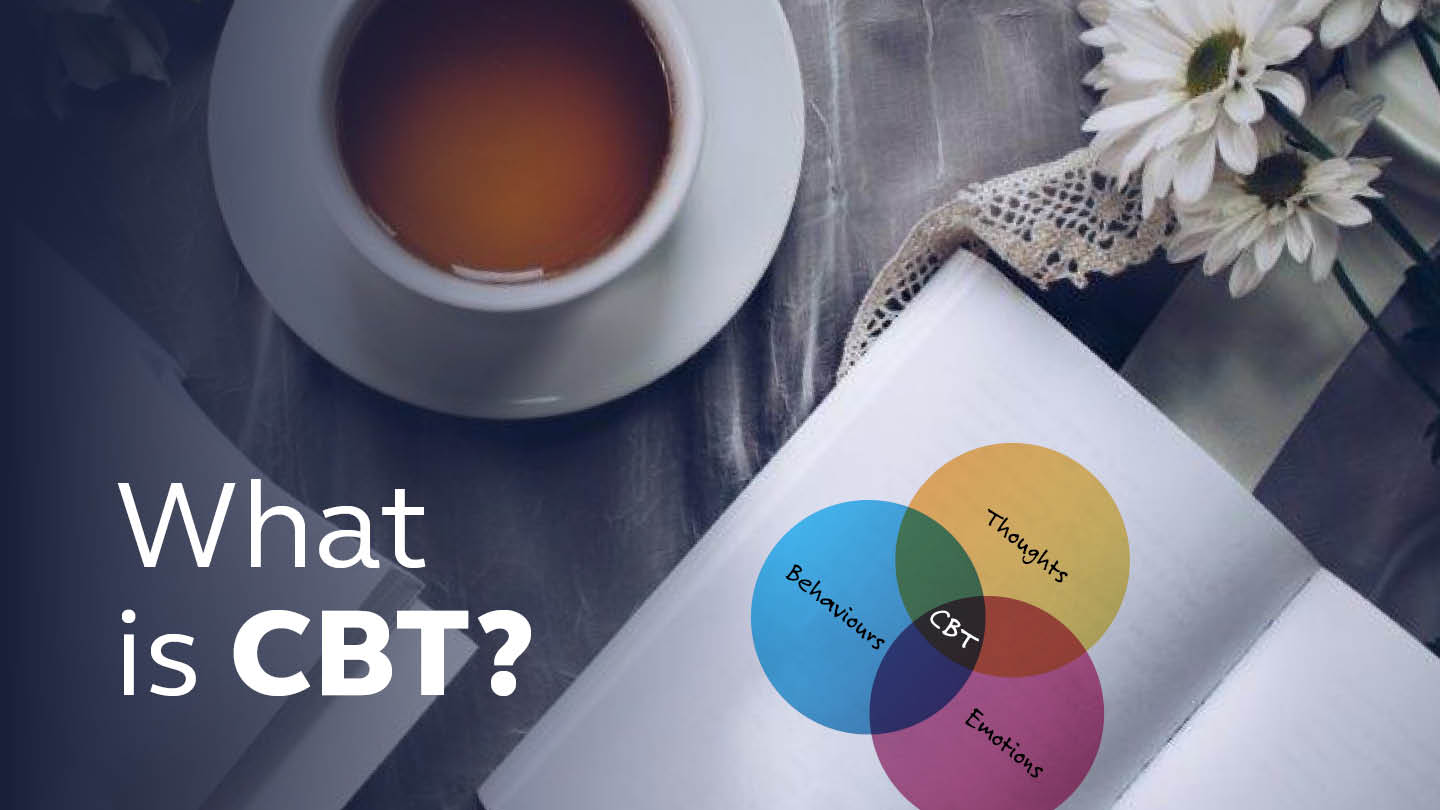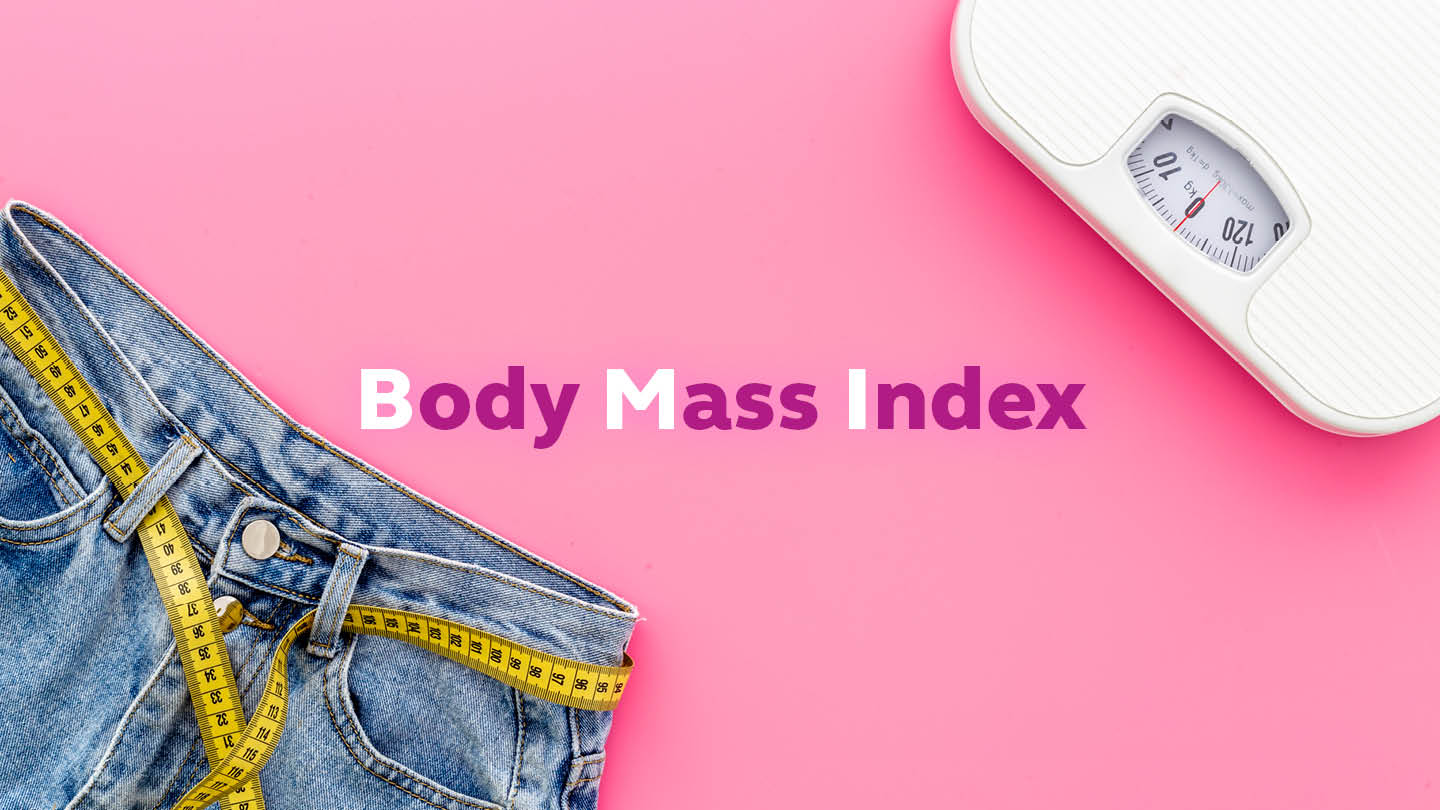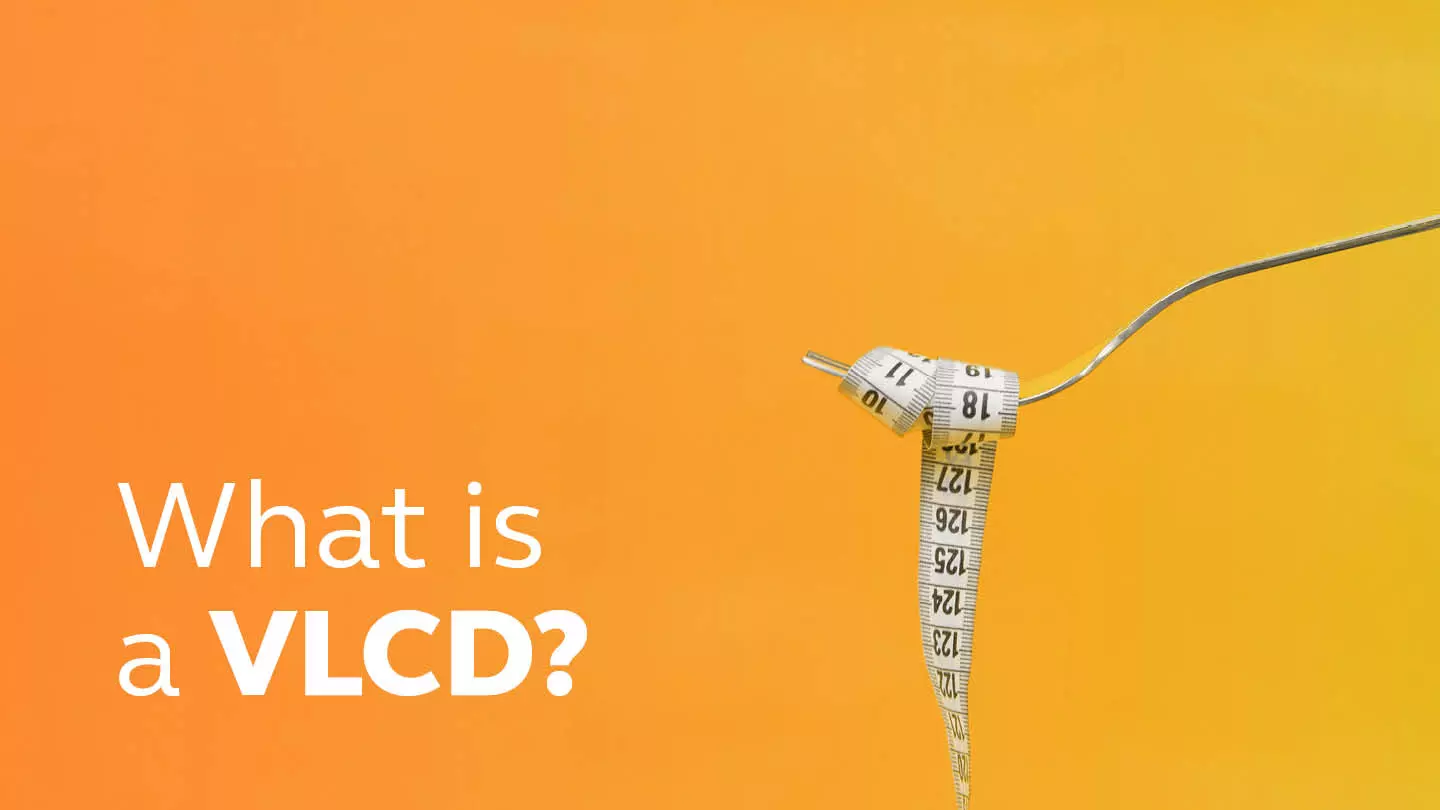Want to lose weight and live a healthy lifestyle?
We have been helping people lose weight for over 30 years.
Our Weight-Loss Programme sorts out your body, our CBT Mindfulness helps you sort out your head and our Mentors are there to support you on your journey.
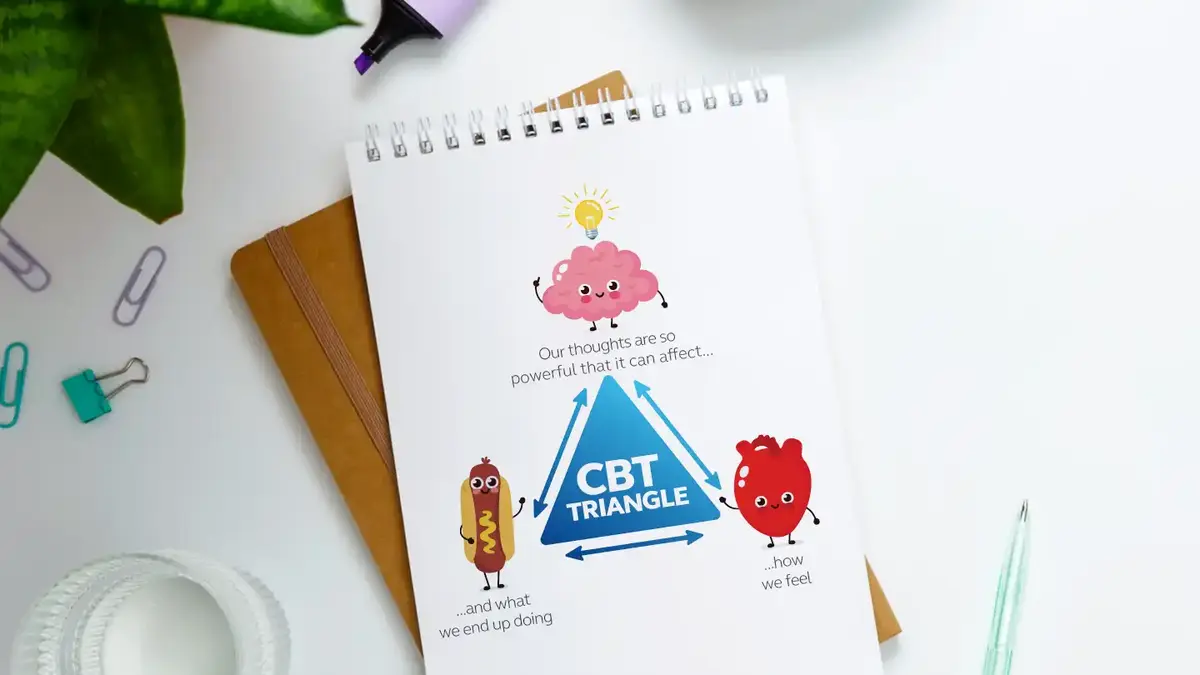
Our unique Mindfulness approach
Our unique CBT mindfulness approach goes beyond what you put in your mouth and explores how your thinking affects your eating behaviour, giving you the tools for losing weight and keeping it off.
more on CBT Mindfulness
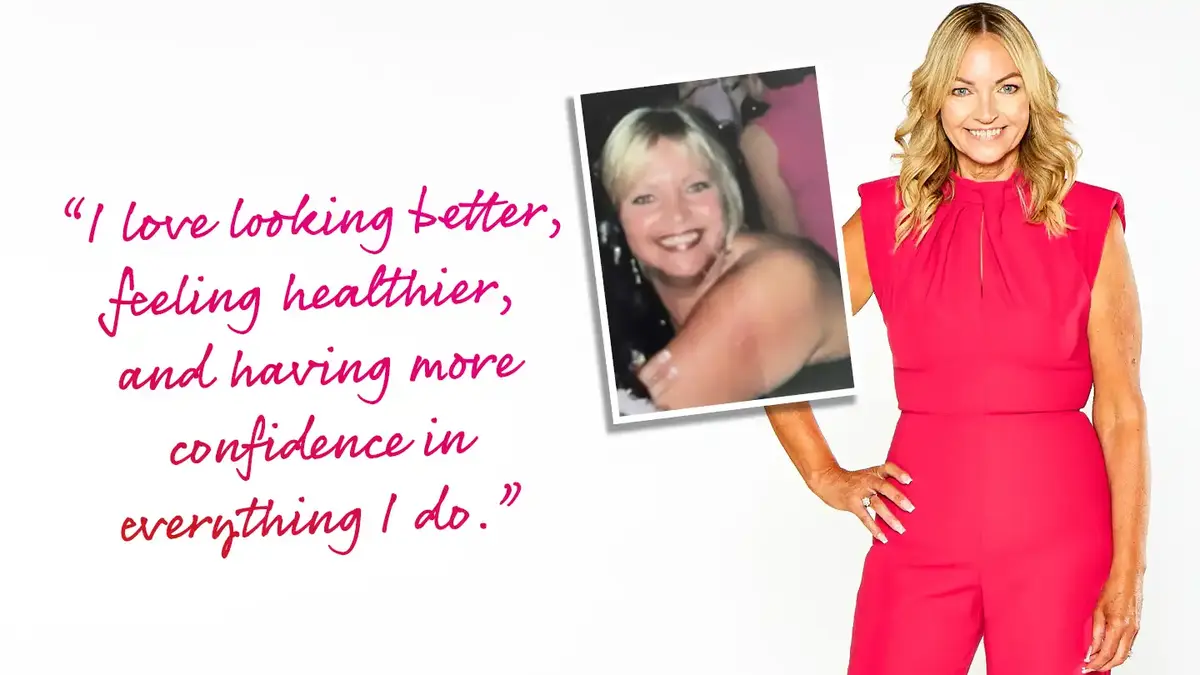
Your LighterLife Programme
LighterLife is so much more than a diet. We’ll help you explore different solutions, guide and support you, and help you develop the skills you need to make a lasting change.
Discover our plans

Free Mentor support
Our LighterLife Mentors are ready to help, support and guide you.
You can access them via Zoom, WhatsApp, text, phone, Facebook live sessions or face to face meetings … you choose…. and the best part - it’s absolutely free!
Find your Mentor

LighterLife Digital Magazine
Read our digital magazine to see more in-depth interviews with some of our thousands of success stories, plus information on our free Mentor support, our unique mindfulness approach, and much more.
Discover more
With us you are not alone. Find your personal Mentor today!
“I thought I could lose weight by myself – I found out that it is easier when I had my Mentor rooting for me too!”
So what are you waiting for?
Click here to get in touch with your LighterLife Mentor today!


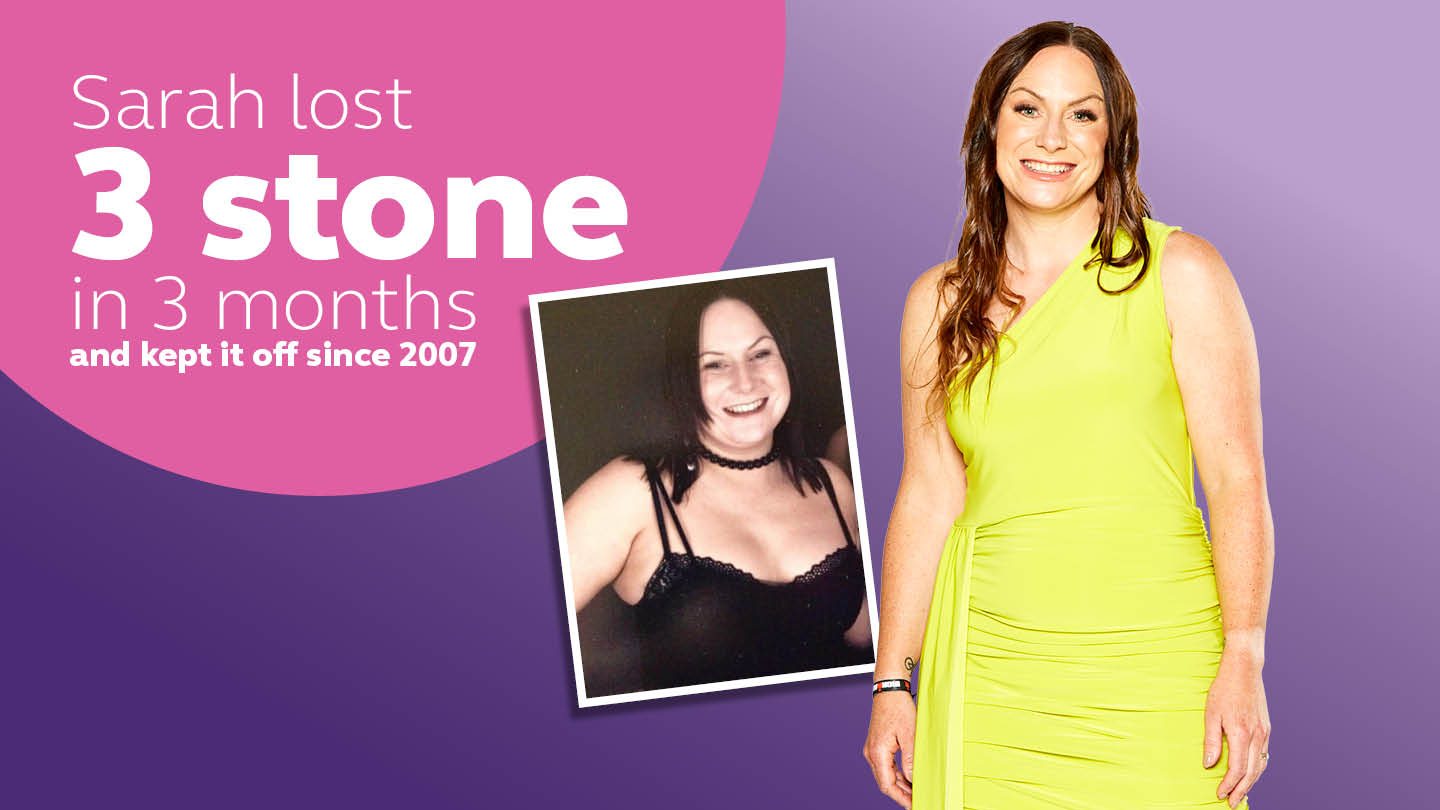
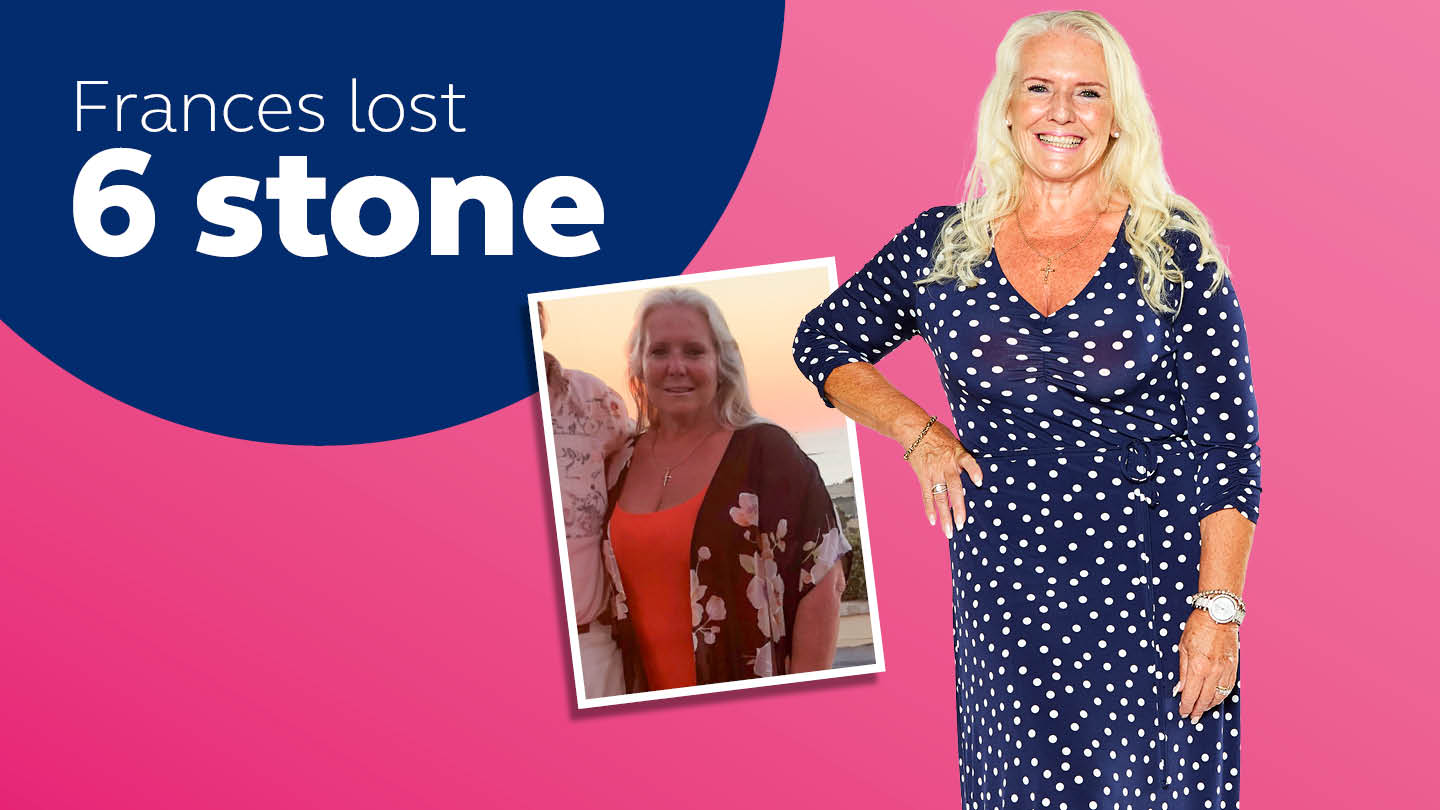
Many LighterLife clients have said:
“I wish I’d found LighterLife sooner – I knew losing weight was about more than eating less and doing extra.”
LighterLife news & more
As featured in
-
The group meetings helped me to understand why I was reaching for food when I was stressed, or rewarding myself at the end of a tough week. I learned so much about myself.
-
The formula meals were filling because they were high in protein and fibre. The break from usual habits and chance to establish new ones was helpful and losing a lot of weight quickly was motivating.
-
I was at one point a size 24 and I am now currently sat in a size 8 dress. That's an absolutely amazing feeling!
-
I think when you hear terms like cognitive behavioural therapy people thinks it’s an intense therapy, and it’s not, it’s a bunch of women who are all on the same journey, which teaches you little tools to address you thinking.
-
It's perfect for helping you lose or maintain your weight, so you can have the confidence to look and feel your very best in your little party dress.


